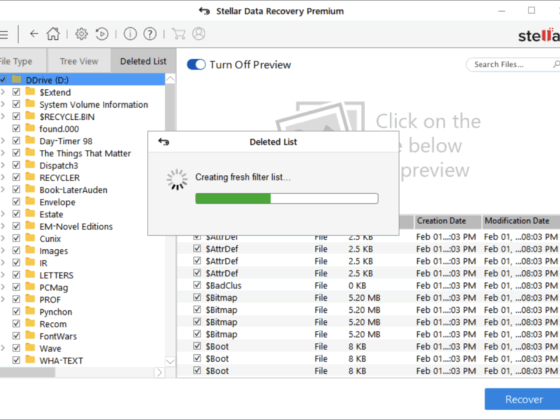
It has been no secret that the state of California has had a tough run of wildfires in recent times. As a result, firefighters in the area are called on a lot more to preserve the safety of California residents across the state. These unsung heroes are often asked to deal with nearly impossible tasks for little public recognition. As these wildfires get worse, the job of a firefighter becomes more difficult. Luckily, fire departments can often predict or prepare for these difficult circumstances. One circumstance a local fire department did not plan for was “data throttling”.
According to documents filed this week, the Santa Clara Fire Department alleges that Verizon may have slowed device speeds during wildfires and hindered the response time of firefighters. Specifically, slowed device speeds would have a great effect on Santa Clara’s OES 5262, which is used to “track, organize, and prioritize routing of resources from around the state and country to the sites where they are most needed.” In the event OES 5262 does not run at an adequate speed, Santa Clara Fire Marshal, Anthony Bowden writes, “County Fire personnel were forced to use other agencies’ Internet Service Providers and their own personal devices to provide the necessary connectivity and data transfer capability required by OES 5262.”
As shown in the recently filed documents, Bowden believes that slowing device speeds will coerce the department into paying more for better plans. He wrote, “In light of our experience, County Fire believes it is likely that Verizon will continue to use the exigent nature of public safety emergencies and catastrophic events to coerce public agencies into higher-cost plans, ultimately paying significantly more for mission-critical service—even if that means risking harm to public safety during negotiations.”
Verizon responded to these allegations by stating, “Like all customers, fire departments choose service plans that are best for them. This customer purchased a government contract plan for a high-speed wireless data allotment at a set monthly cost. Under this plan, users get an unlimited amount of data but speeds are reduced when they exceed their allotment until the next billing cycle.”
As of now, no legal ramifications have come of this, but it will definitely be interesting to see how this all plays out.







